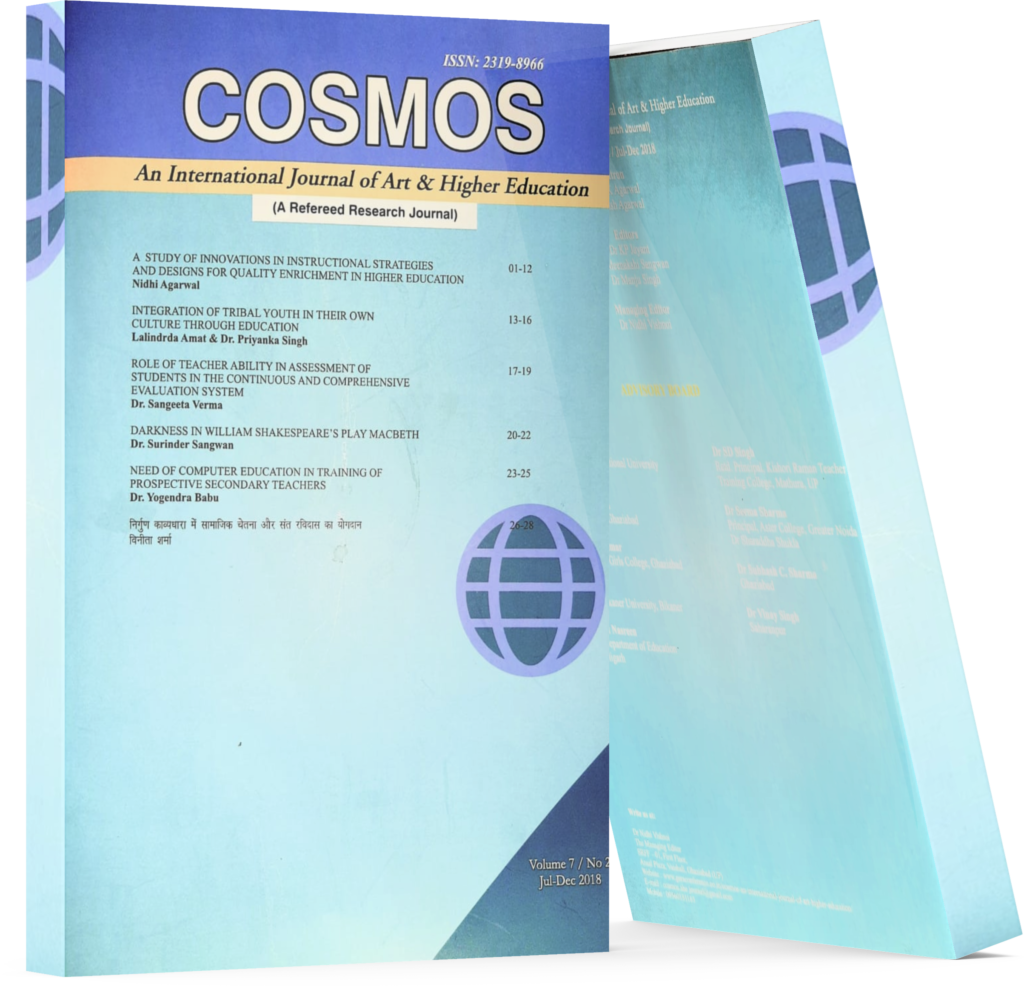Life Dynamics As A Behavioral Program For Student Leaders Of Jose Rizal University
Keywords:
Behavioral Program,, Life Dynamics, Leaders, Leadership.Abstract
Student behavior in today’s times is focused on strength-based management. Life Dynamics begins by identifying the individual’s basic orientation to life or personal style. Based on this foundation of self-knowledge, powerful strategies enable individuals and groups to work more effectively together, be more influential when dealing with key people, and achieve better team results. Jose Rizal University student leaders are encouraged to maximize their potential using underused strengths. Student leaders were given a series of context-specific surveys ranging from leadership to individual styles. The surveys measured behavioral style preferences that may change in different environments, so it was essential to establish context. As the student leaders manage student activities, student organizations, and team members, they become aware of their preferences in managing their strengths as they begin implementing the developmental strategies that will immediately impact productivity. In coordination with the Student Development Office and the Community Development Office, Life Dynamics, this study was conducted among the student leaders across colleges and departments of Jose Rizal University for the school year 2018–2019, wherein learning activities were carefully sequenced as student leaders build confidence in acquiring relevant skills, perspectives, and insights. The ASCEND program yields enormous productivity improvements that can be realized using common language to communicate with people in the style they wish to be communicated with, thus enhancing productivity among Jose Rizal University student leaders.
Downloads
References
Atkins, Stuart (2014). The power of possibilities. CEDEFA: Los Angeles.
Business Consultants, Inc. (2012). Innovative Thinking - Beyond the Individual: Increase innovation through collaboration. North Charleston: Createspace.
Business Consultants, Inc. (2012). Innovative Thinking – Unleashing the creative power of your mind. North Charleston: Createspace.
www.djsresearch.co.uk/glossary/item/Qualitat ive-Research-Design. [accessed 12 Oct. 2018] 5. Davis, B. J. and Brantley, C. P. (2003). Communication. In M.H. Rader & L.A. Kurth (Eds.), Effective Methods of Teaching Business Education in the 21st Century (pp. 147-165). Reston, Virginia: National Business Education Association
Denzin, NK & Lincoln, YS (2000). Handbook of Qualitative Research. London: Sage Publications.
Griffith, D. & Hoppner, J. (2013). Global marketing managers. International Marketing Review, 30, 21-41. doi:10.1108/0265 1331311298555
Hartman, J. & LeMay, E. (2004). Managing presentation anxiety. The Delta Pi Epsilon Journal, XLVI(3), 145-153.
Lazarus, A. (2013). Soften up: The importance of soft skills for job success. Physician Executive, 39(5), 40-45. Retrieved from http://www.pej-acpe.org/pej-acpe. [accessed 19 Sep. 2018]
Lehman, C. & DuFrene, D. (2008). Business communication (15thed.). Cincinnati, OH: South-Western/Thompson Learning.
Mizutani, M. (1998). Keieirinrigaku no susume. Tokyo: Maruzen Library.
Perreault, H. (2005). Build independent learning habits with workplace readiness activities. Business Education Forum, 60(1), 21-23
Robles, M. (2012). Executive perceptions of the top 10 soft skills needed in today’s marketplace. Business and Professional Communication Quarterly, 75, 453-465. doi:10.1177/1080569912460400
Seetha, N. (2014). Are soft skills important in the workplace? A preliminary investigation in Malaysia. International Journal of Academic Research in Business and Social Science, 4(4), 44-56. doi:10.6007/IJARBSS/-i4/751
Shibao, Y. (2012) Project management Kakushin: Jinzai-Process-Tool no Saiteki Katsuyo. Tokyo: Seisansei Shuppan.
Takayama, Y. (1982). Innovative Thinking: Agent of Change. North Charleston: Createspace.
Tsukasa, T. (1982). Innovative Thinking: Applied Imagination. North Charleston: Createspace.

